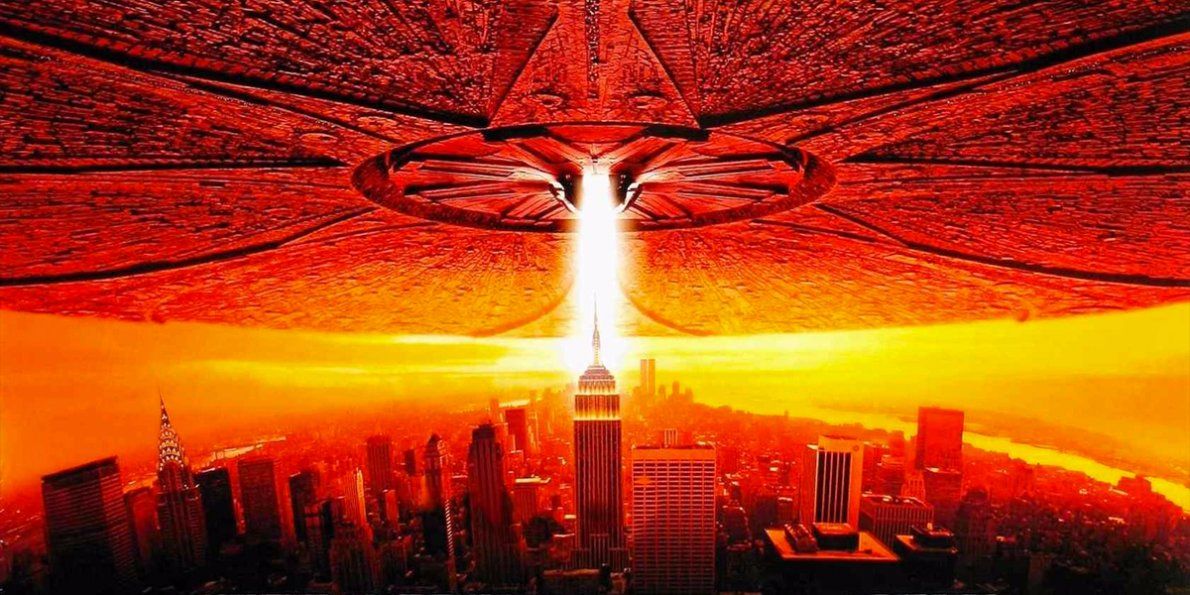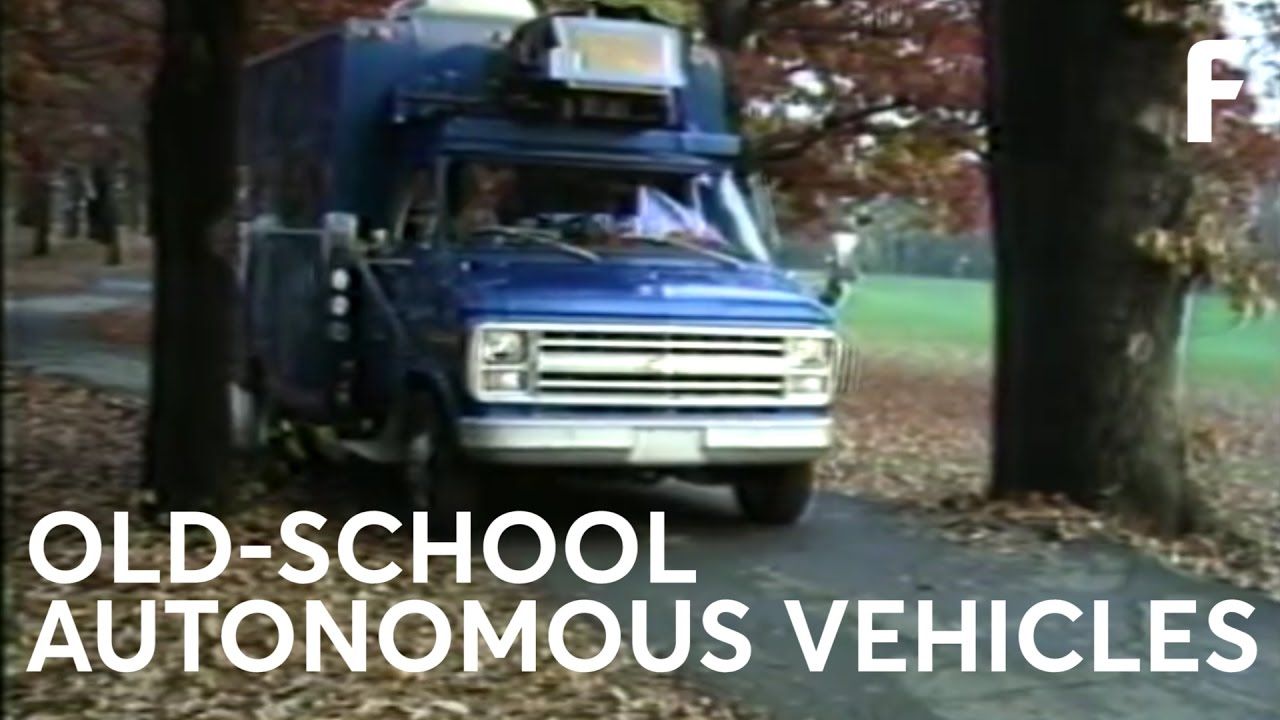“In May, GM spent $1 billion to buy Cruise Automation, a small startup with promising self-driving software.”


“In May, GM spent $1 billion to buy Cruise Automation, a small startup with promising self-driving software.”

Ready and waiting at an arms reach from the government, the Research and Development Corporation (RAND) has helped the U.S. think through some of the toughest scientific and regulatory challenges since the 1940s. This year, the think tank is opening its first office in the San Francisco Bay Area. Its positioning itself to weigh in on some of Silicon Valleys largest research projects, like autonomous vehicles, drones, AI, cybersecurity and telemedicine.
But unlike the RAND of the past, this new version embodies the scrappiness of startup culture. Formally based out of a WeWork space, office director Nidhi Kalra and the rest of her SF team largely work decentralized from homes and coffee shops around the Bay Area.
The team of a dozen researchers is here to study the development of new technologies and the way in which state and local authorities are working side-by-side with startups to keep everyone safe without sundering innovation.

This brisk cadence of celestial surprises might make it seem that we’re on the cusp of proving the existence of extraterrestrials. But just because the crow’s nest announces clouds on the horizon doesn’t mean you’re close to land.
These three claims purporting to show the existence of aliens haven’t panned out. But what happens if some future claim does? What preparations are in place to deal with the discovery of a radio signal or a laser flash that would prove beyond doubt that we have cosmic compeers? Does the government have a plan? Does anyone?
A lot of people think there is a plan. A secret one. A recent survey indicated that 55 percent of the population figure that the discovery of extraterrestrials would be squelched — deep-sixed to prevent widespread panic. Only 19 percent believe the feds would fess up to E.T.’s existence.

US government scientists work hard to protect the public.
Some study infectious diseases and effective treatments. Others ensure that drugs, food, vehicles, or consumer products live up to their claims and don’t harm anyone.
But the concerns at NASA’s headquarters are, quite literally, extraterrestrial — which is why the space agency now has a job opening for “planetary protection officer.”

A U.S. House Committee just gave its approval for the SELF DRIVE Act, a bill that introduces breakthrough legislation in favor of autonomous vehicles. The bill could pass Congress before the end of 2017, ushering in a new era in self-driving tech.
A bill that will introduce breakthrough legislation in support of autonomous vehicle technology just received approval from the U.S. House of Representatives’ Energy and Commerce Committee.

“The year is 2003, and space colony Libra’s development of solar power could solve an acute, worldwide energy crisis. Government opposition to the Libran energy plan sparks a debate about free enterprise and government control.” (IMDb)
https://www.youtube.com/watch?v=xfY4djdAW_s

Sweden’s government has exposed sensitive and personal data of millions, along with the nation’s military secrets, in what is now considered to be one of the worst government IT disasters ever. The leak, which occurred in 2015, saw the names, photos and home addresses of millions exposed. Those affected include fighter pilots of Swedish air force, police suspects, people under the witness relocation programme, members of the military’s most secretive units (equivalent to the SAS or SEAL teams) and more.
The leak occurred after the Swedish Transportation Agency (STA) decided to outsource its database management and other IT services to firms such as IBM and NCR. However, the STA uploaded its entire database onto cloud servers, which included details on every single vehicle in the country. The database was then emailed to marketers in clear text message. When the error was discovered, the STA merely sent another email asking the marketing subscribers to delete the previous list themselves.

Around 200 government workers in Jinan, in China’s eastern Shandong province, will soon be able to send to transmit messages across an impenetrable 125 mile long (200km) network.

Cory Doctorow has made several careers out of thinking about the future, as a journalist and co-editor of Boing Boing, an activist with strong ties to the Creative Commons movement and the right-to-privacy movement, and an author of novels that largely revolve around the ways changing technology changes society. From his debut novel, Down And Out In The Magic Kingdom (about rival groups of Walt Disney World designers in a post-scarcity society where social currency determines personal value), to his most acclaimed, Little Brother (about a teenage gamer fighting the Department of Homeland Security), his books tend to be high-tech and high-concept, but more about how people interface with technologies that feel just a few years into the future.
But they also tend to address current social issues head-on. Doctorow’s latest novel, Walkaway, is largely about people who respond to the financial disparity between the ultra-rich and the 99 percent by walking away and building their own networked micro-societies in abandoned areas. Frightened of losing control over society, the 1 percent wages full-on war against the “walkaways,” especially after they develop a process that can digitize individual human brains, essentially uploading them to machines and making them immortal. When I talked to Doctorow about the book and the technology behind it, we started with how feasible any of this might be someday, but wound up getting deep into the questions of how to change society, whether people are fundamentally good, and the balance between fighting a surveillance state and streaming everything to protect ourselves from government overreach.

China today announced plans to become the global leader in AI research and development. It will increase government spending on core AI programs to $22 billion in the next few years, with plans to spend nearly $60 billion per year by 2025.
The announcement sends a clear message: this is the age of artificial intelligence. Reuters reports the Chinese government will soon put forth AI regulations in areas concerning safety, implementation, and control. The US issued a similar statement last year in a White House review of the future of AI.
The US and China lead the field in both private-sector and government spending on machine-learning, though experts have said China’s deep-learning programs have over-taken US-led research in scope and volume.